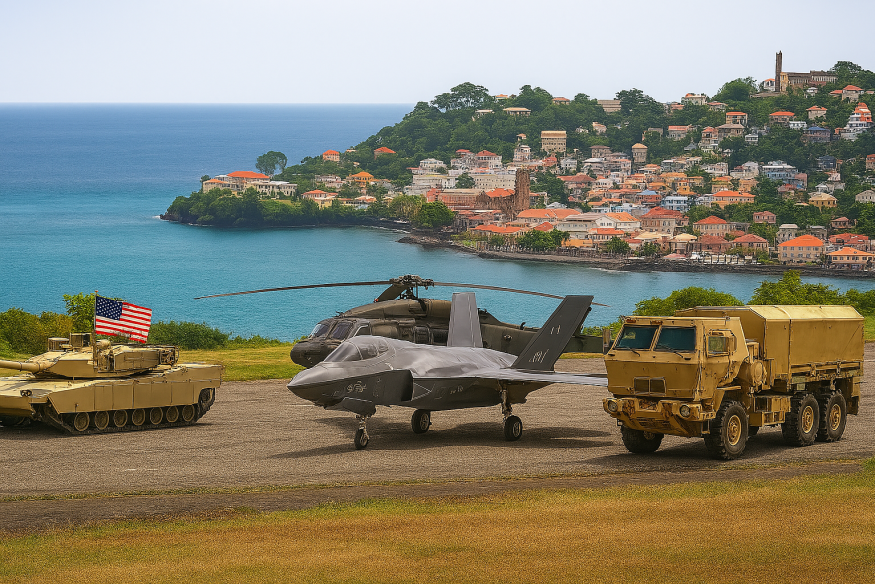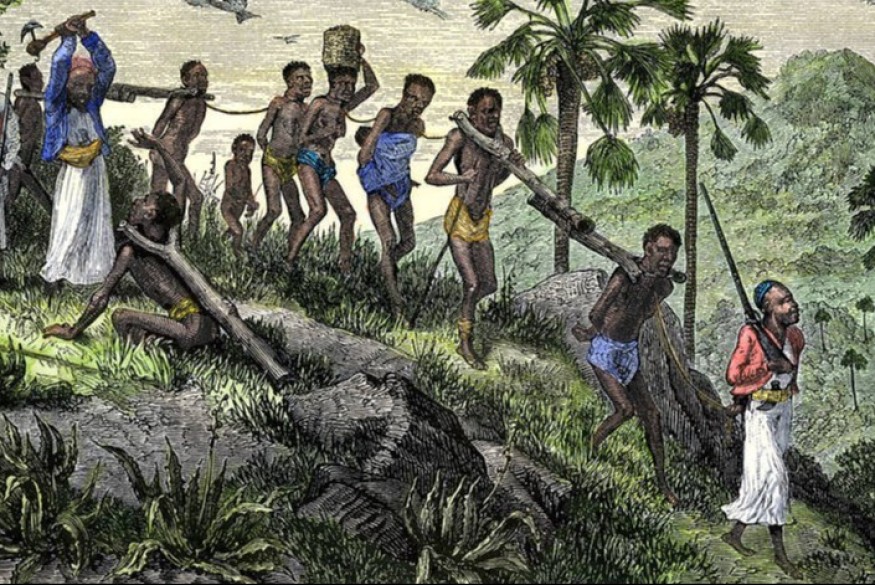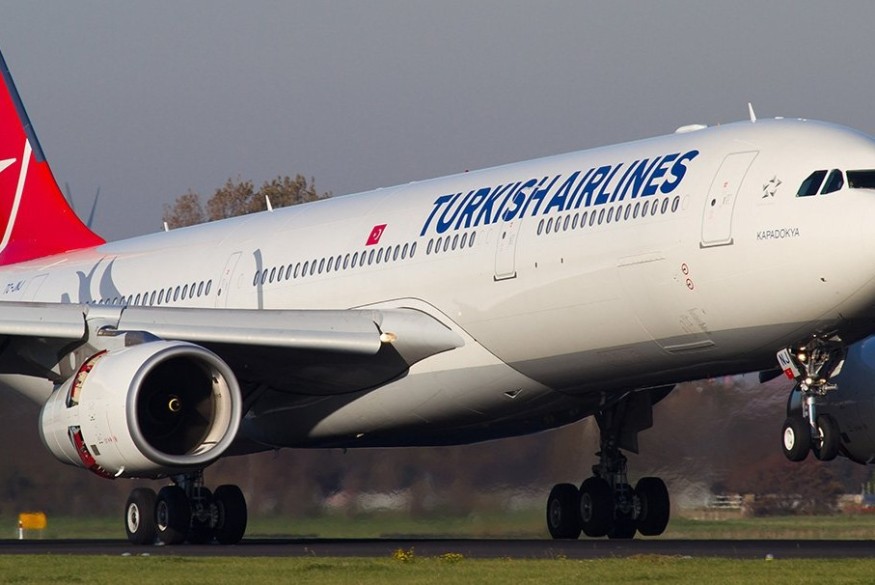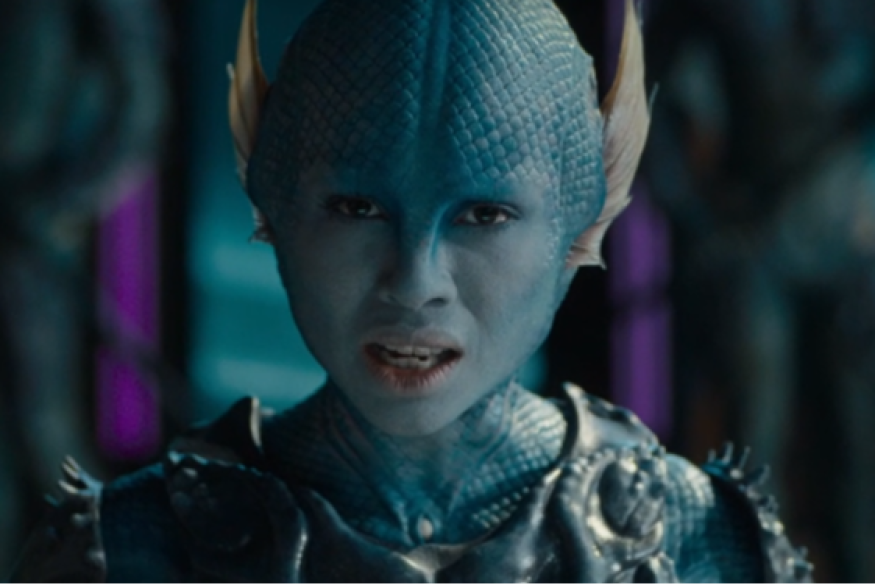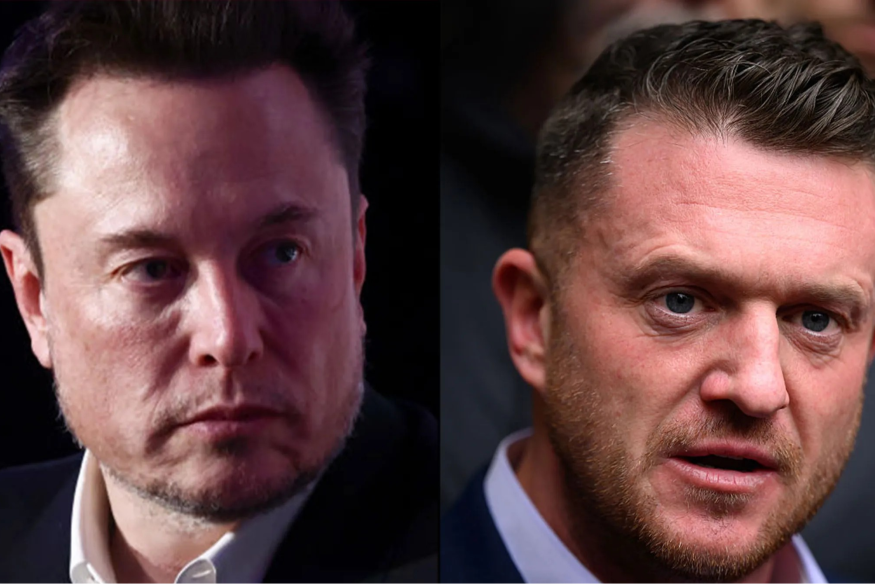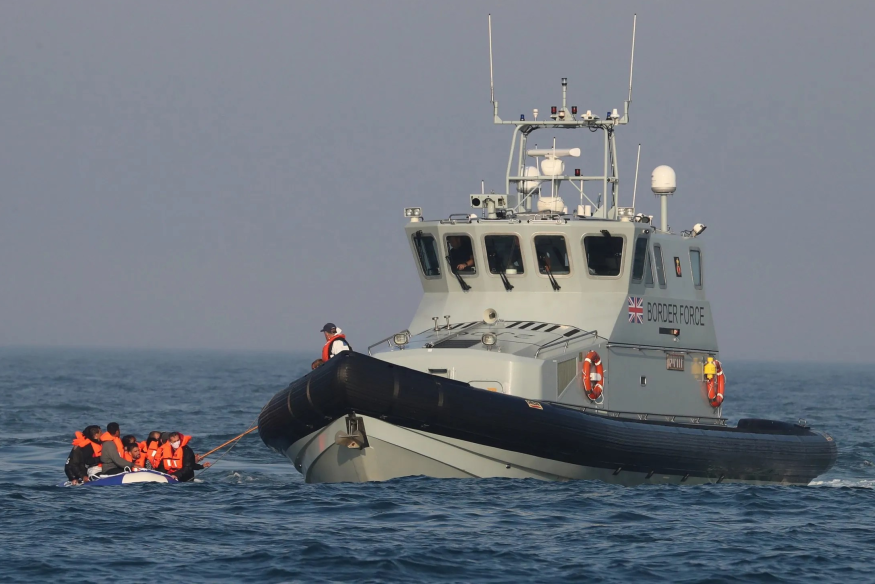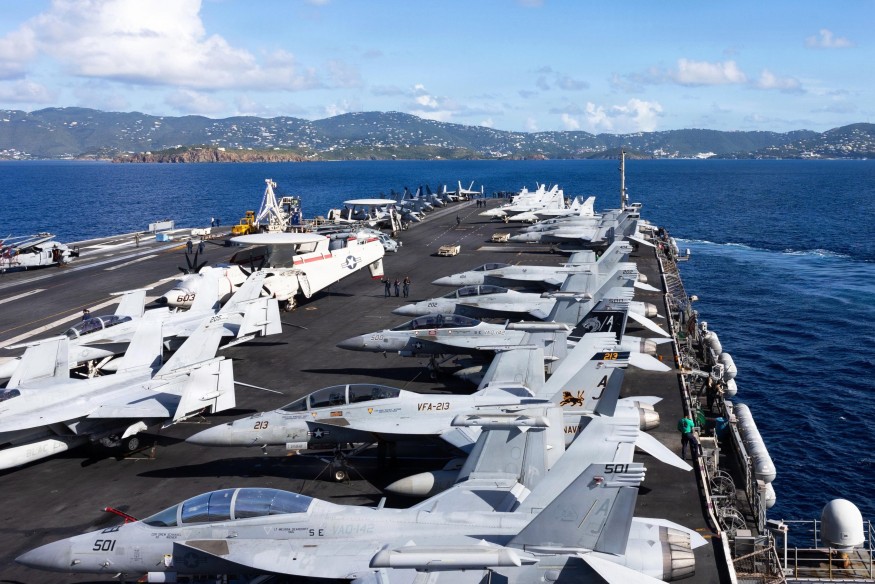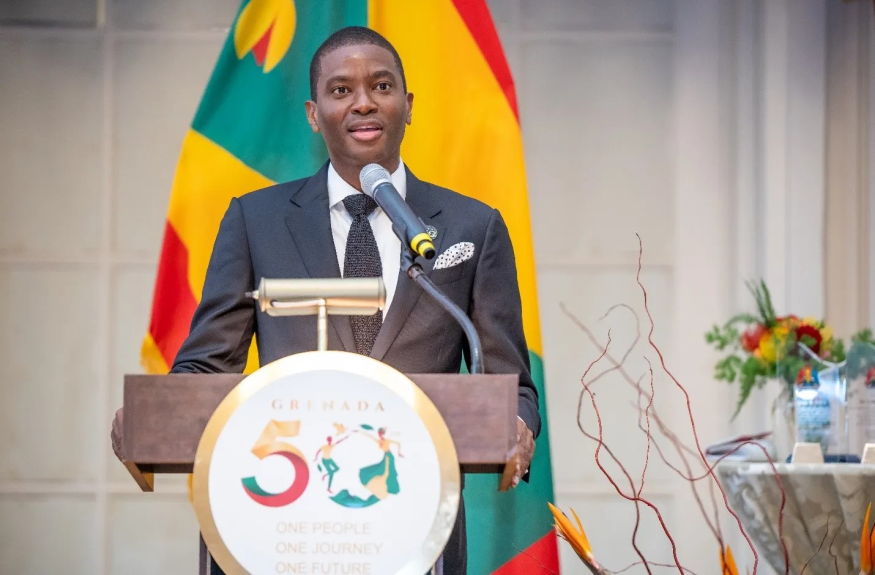
August 13, 2025
By Jam Radio Caribbean Newsdesk
In an unexpected escalation of diplomatic pressure, the United States has imposed sweeping visa restrictions on government officials from Cuba, Grenada, and several African nations—accusing them of complicity in what it calls the “Cuban regime’s coercive medical mission scheme.”
The move targets not only the officials themselves but also their families, barring entry to the U.S. for those allegedly involved in facilitating or benefiting from Cuba’s controversial export of medical professionals.
Advertisement
For decades, Cuba has deployed thousands of doctors abroad under bilateral agreements. But behind the façade of humanitarian aid, critics say the scheme amounts to state-sponsored forced labour. Medical workers report:
- Confiscated passports and restricted movement
- Surveillance and curfews
- Meagre pay while host governments pay Cuba handsomely
- Punishment for defection—including exile and harassment of relatives
The U.S. State Department described the program as “modern-day slavery,” accusing participating governments of enabling exploitation while Cuban citizens suffer from a depleted healthcare system at home.
Advertisement
While Cuba is the epicentre, Grenada’s inclusion has sparked regional outrage. The Caribbean nation, long seen as a quiet partner in Cuban medical diplomacy, now faces scrutiny over its role in hosting and funding these missions.
African governments named in the sanctions have not yet been publicly identified, but sources suggest several West and Central African states are under review.
Rubio: “Think Twice Before Enabling Abuse”
U.S. Secretary of State Marco Rubio issued a stark warning:
“Governments that enrich themselves off the backs of exploited Cuban doctors should think twice. This is not humanitarianism—it’s human trafficking.”
The visa bans are part of a broader push to isolate Havana’s economic lifelines and pressure allies to pay medical professionals directly, rather than through the Cuban state.
This development raises urgent questions for Caribbean and African leaders:
- Will they defend the program as mutual aid—or confront its darker underbelly?
- Can regional solidarity survive U.S. sanctions and moral scrutiny?
For Grenada, the fallout could be severe. With tourism still recovering and diplomatic ties strained, the island may find itself caught between principle and pragmatism.
Follow us on:


